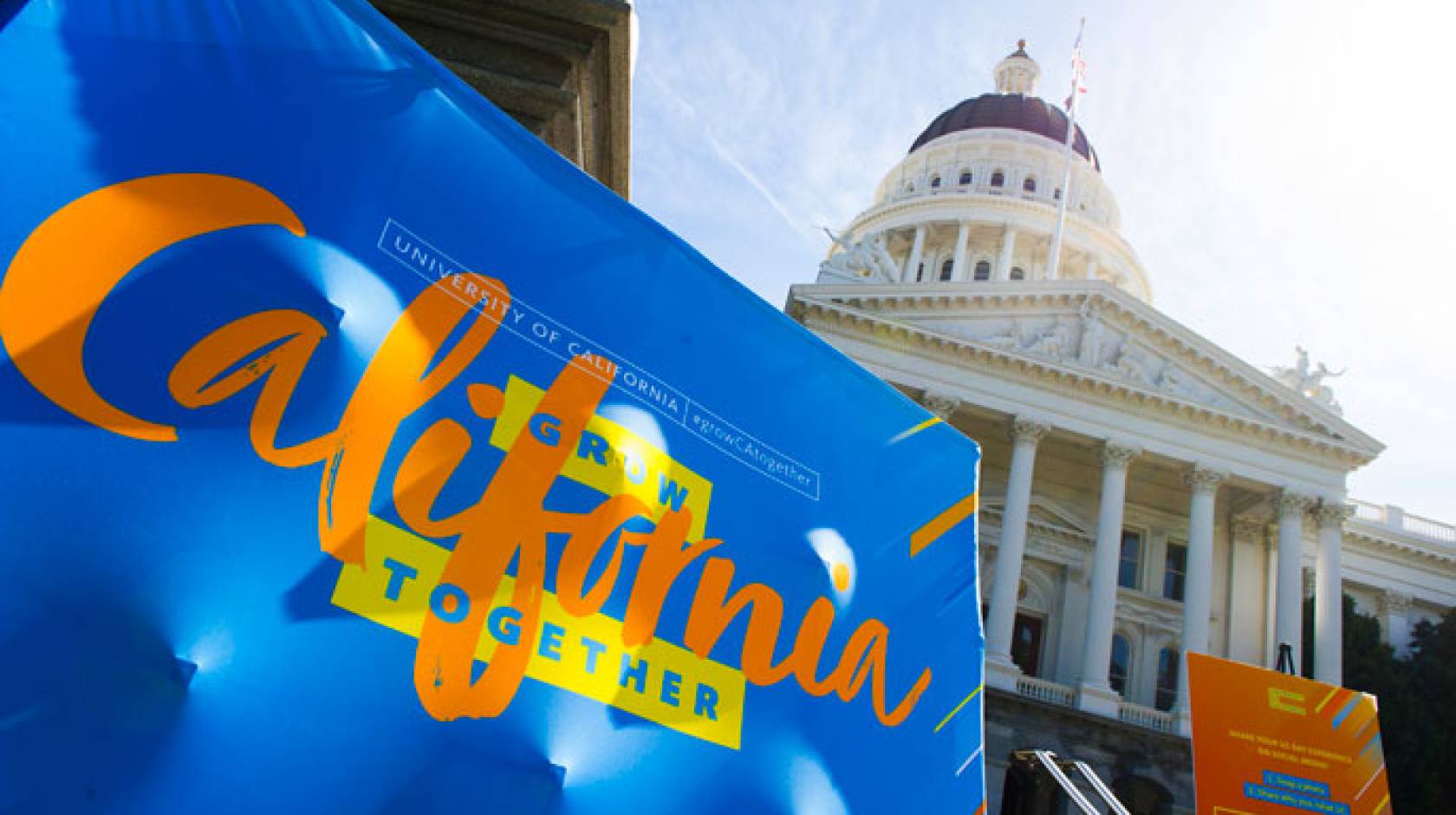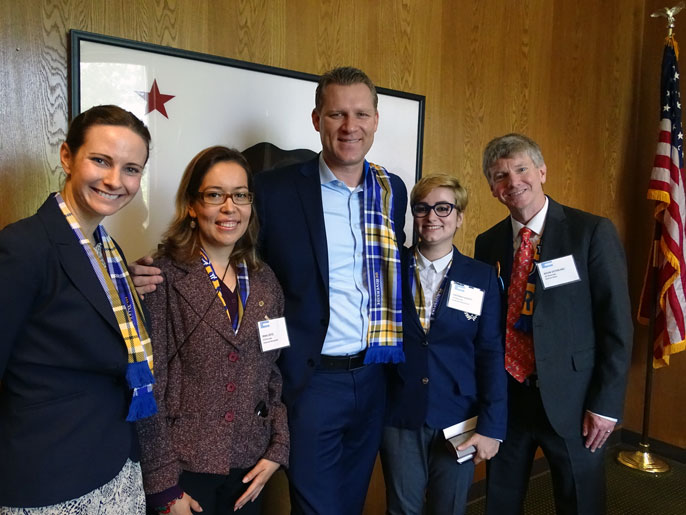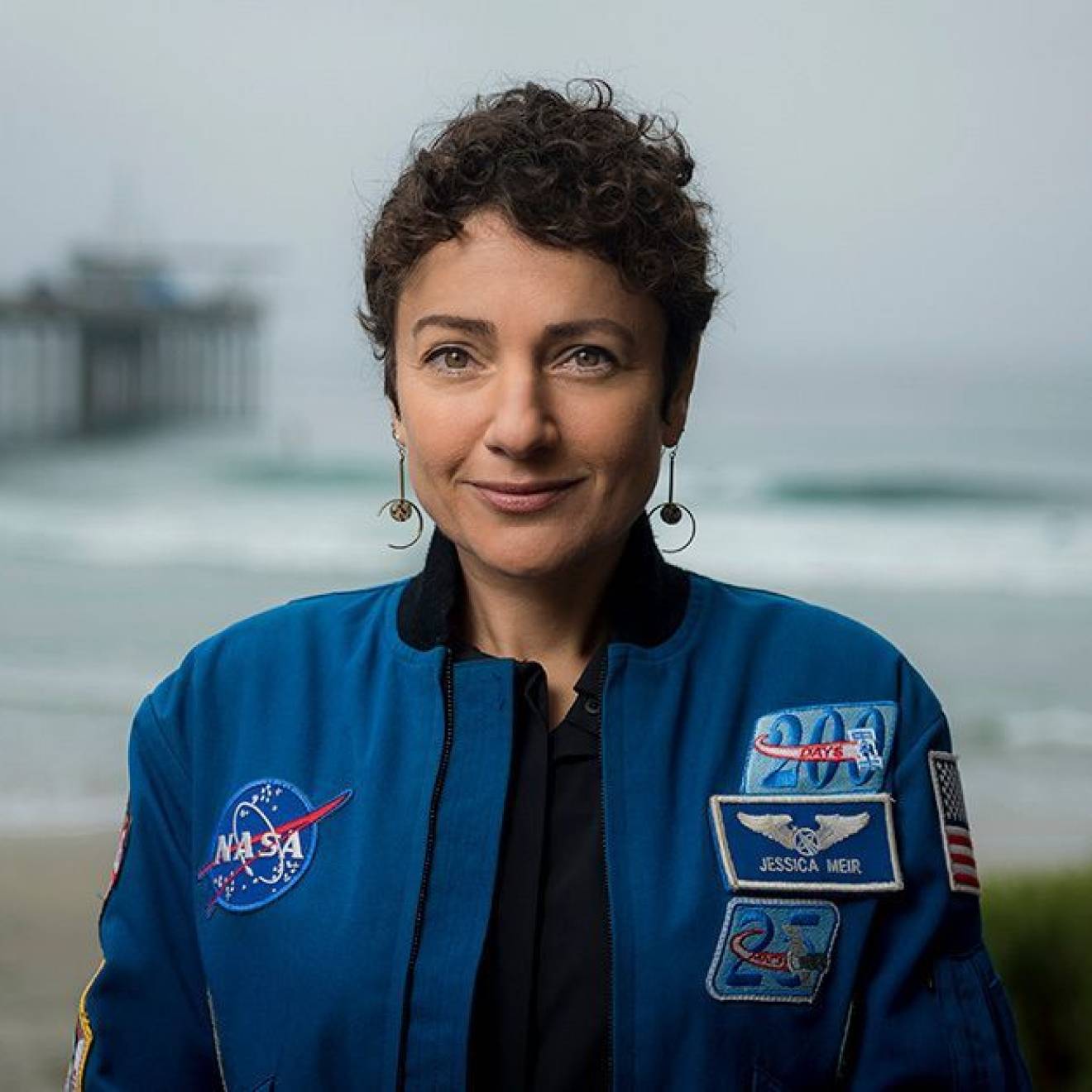UC Newsroom

The $1 trillion federal spending bill signed into law last week held some good news for the University of California: Congress has restored year-round Pell Grants, a move that could help thousands of UC students get through college more quickly and at lower cost.
Another bright spot in the Fiscal Year (FY) 2017 omnibus appropriations bill was support for federal research. The National Institutes of Health, the Department of Energy and other agencies that fund university research saw their budgets increase or remain flat — a big relief following months of speculation that deep cuts were in store.
UC President Janet Napolitano said she was heartened to see bipartisan support for federal research and student financial aid, two of UC’s top federal budget priorities.
“UC advocates sent more than 10,000 letters to Congress since mid-April highlighting the value of federal research,” Napolitano said. “I am deeply appreciative that people were willing to take the time to get involved. We all benefit from the advances in science, technology and medicine that come from investing in research.”
Napolitano said the university would remain vigilant in its federal advocacy efforts — budget discussions for FY 2018 are already underway — and she encouraged students, faculty, staff, alumni and others to stay involved in the national dialogue.
Along with the letter-writing campaign, UC delegates traveled to Capitol Hill repeatedly throughout the spring to make the case for federal research funding and expanded student financial aid.
Beginning in early February, and continuing through April, UC’s federal governmental relations office aided in advocacy events with the UC Student Association, the U.S. Student Association, The National Association of Graduate and Professional Students, The Council for Agricultural Research, Extension and Teaching and the National Humanities Alliance.
Later this month, UC representatives will join with the Coalition for National Science Funding to advocate to Congress about the importance of increased investments in the National Science Foundation’s research and education programs.
“We are seeing an unprecedented level of engagement on federal issues,” said Gary Falle, associate vice president for Federal Governmental Relations. “Advocacy makes a difference.”
One of the easiest ways to get involved, he said, is through the University of California Advocacy Network. Members receive email alerts about how they can provide input on state and federal policies, which are critical to the university’s ability to successfully carry out its education, research, health care and public service missions.
Demonstrating the value of research

Credit: Pamela Jennings
The value of UC research has also been in the spotlight at events around California this spring.
Graduate students from every UC campus met with Sacramento lawmakers on April 19 to show how their research is tackling issues critical to California, from helping stroke patients regain movement to heading off the next drought.
Undergraduates presented their research at a Los Angeles event for alumni, donors and other UC allies. And in early May, UC held Grad Slam, its annual research communications contest, in which graduate students have three minutes to explain their research in an engaging and compelling way.
Credit: University of California
As the federal budget debate shows, the ability to communicate about the value of research is now more important than ever.
Lawmakers, the media and the general public need to understand how research provides a foundation for advances that drive the economy, solve critical problems and help the United States remain competitive, Napolitano said in a recent piece for LinkedIn.
People are surrounded in their everyday lives by technological and medical advances that come from publicly funded research — from cell phones to the latest cancer drugs. For research institutions like UC, these funds are invaluable. UC conducts approximately one-tenth of all academic research in the United States, and the federal government is an essential partner in fostering that progress.
“Hearing the chorus of scientists across the country lift their voices in defense of the important role of science in our society and economy has been incredibly inspiring. But advocating for publicly funded research will require all of us, working together, to make our collective voice heard,” she wrote.

